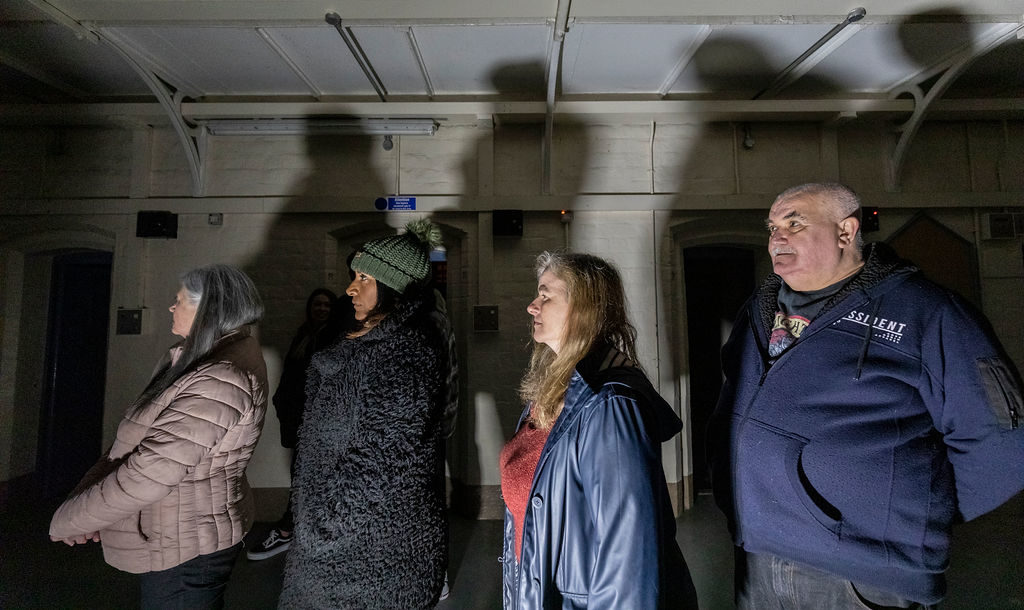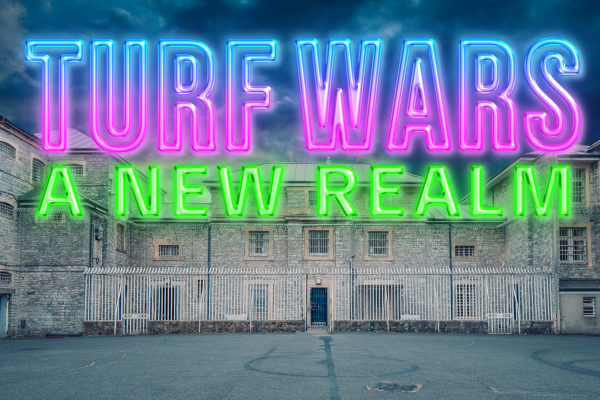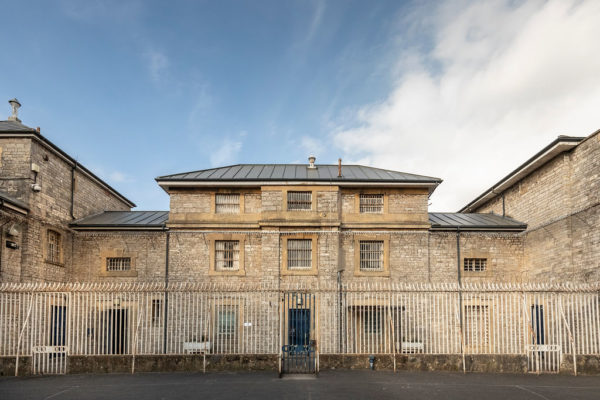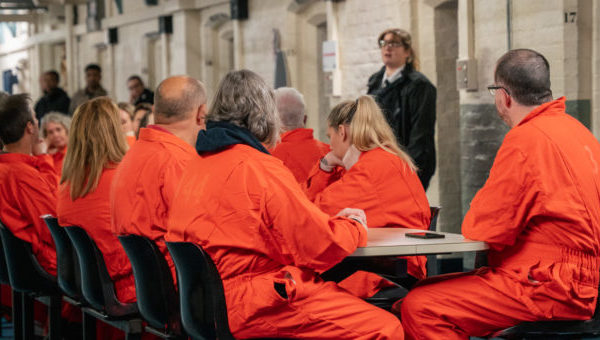The History of Ghost Hunting and Its Evolution

The pursuit of the paranormal is far from a modern obsession. While today’s ghost hunters may rely on cutting-edge technology, the fascination with spirits and the afterlife dates back centuries. Early ghost hunting was less about science and more about spiritual and religious practices aimed at understanding or appeasing supernatural forces. Ancient civilizations developed rituals to communicate with spirits, often through shamans, priests, or mediums who acted as intermediaries between the living and the dead.
The 19th century saw the rise of Spiritualism, a movement that popularized séances and spirit communication. Victorians gathered in dimly lit parlors to witness table-turning, automatic writing, and mediumship, all in hopes of connecting with lost loved ones. However, many of these early practices lacked scientific scrutiny, leading to widespread skepticism and cases of fraud.
In the 20th century, parapsychology emerged as a more structured attempt to study paranormal phenomena scientifically. Researchers started using electromagnetic field (EMF) meters, infrared cameras, and electronic voice phenomenon (EVP) recorders to detect and analyze ghostly activity. This shift aimed to move ghost hunting from superstition to scientific inquiry, though the field remains controversial.
Modern ghost hunting owes much of its popularity to television and media. Shows like Ghost Hunters and Most Haunted have fueled public interest, inspiring a surge in amateur investigators equipped with spirit boxes and night-vision cameras. However, this has also led to concerns about the reliability of evidence, with critics arguing that entertainment often takes precedence over genuine research.
From ancient rituals to high-tech investigations, ghost hunting has continuously evolved, blending folklore, science, and pop culture. Yet, the core question remains: are spirits real, or is our fascination with them simply a reflection of our need to explain the unexplainable?








